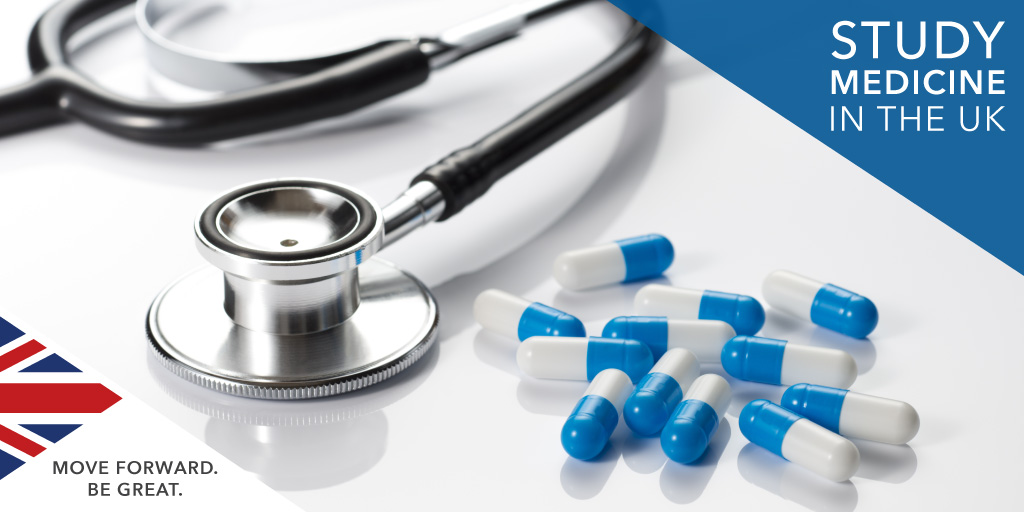International students who wish to study medicine at undergraduate level are required to achieve an IELTS score of 7.0 overall, with no less than 6.5 in any one component of reading, writing, speaking and listening. Hitting this target is tough, but remember the following three points to be in with as good a chance as possible of scoring 7.0.
1. You need a strong score in each IELTS component
Most students who wish to study medicine already have a high-level of English proficiency. Having general English skills does not necessarily mean that you will perform well in the IELTS exam though, and even native English speakers struggle to score the maximum 9.0 score.
You may be comfortable with your speaking and listening ability, but reading and writing is a much trickier proposition and will require more work and classes to get right.
2. Take the IELTS test at the right time
For medicine students, we suggest you take the IELTS exam in January and at the latest in March. If you receive an offer from a medical school, your medicine interview will be scheduled from March onwards and, in order for you to concentrate fully on interview preparation, it is advisable to not leave IELTS preparation until the last minute.
If your score is already above 6.0 or 6.5, it takes time to improve it further. Make sure you are prepared!
3. Don’t underestimate the importance of Academic English
Most skills you need to learn to achieve a high score in IELTS, such as logical interpretation and coherent verbal and written presentation, are also skills vital to succeed whilst at university. Academic English is another part of IELTS which is hugely beneficial for your further academic success.
IELTS Classes in Rawalpindi
If you need to improve your IELTS score ahead of applying for a medicine programme in the UK, visit us in Rawalpindi for a free consultation about what classes you can take.


 I believe my success is due to the great support provided by SI-UK. I was advised the right IELTS courses to attend and they also helped with my visa application. I really want to share with you my positive experience and I would definitely recommend SI-UK to my friends.
I believe my success is due to the great support provided by SI-UK. I was advised the right IELTS courses to attend and they also helped with my visa application. I really want to share with you my positive experience and I would definitely recommend SI-UK to my friends. 





















